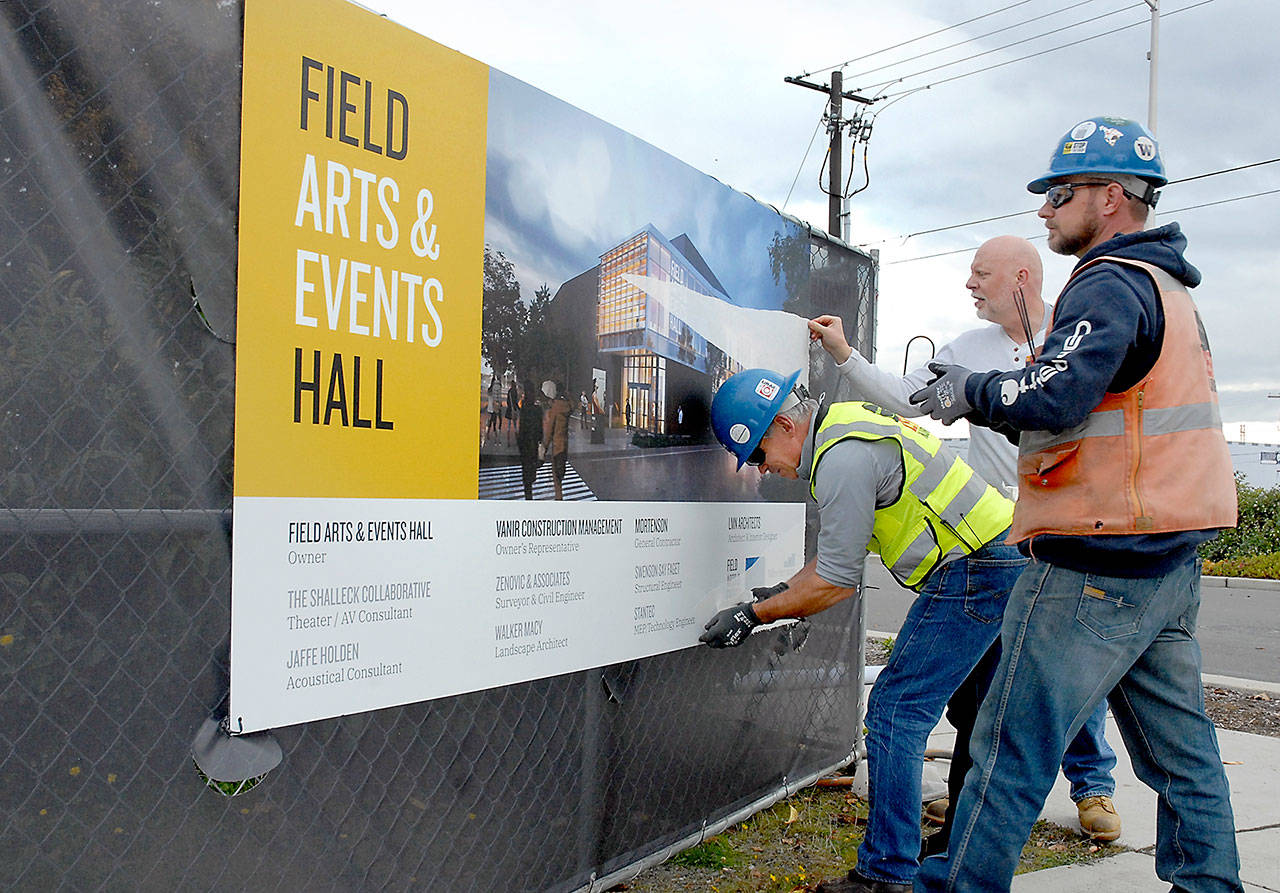One by one the mills shuttered in Port Angeles. Now there are two, one foreign-owned and running at half-capacity. The timber balloon burst in Aberdeen-Hoquiam; college towns are suffering due to the pandemic; Alcoa recently spanked Ferndale, leaving citizens there asking, “What do we do now?”
What do communities do when their chief sources of income evaporate?
“Re-galvanize and reinvent,” says Marc Abshire, executive director of the Port Angeles Regional Chamber of Commerce.
“What can I as a citizen contribute to making this a region where industry would want to locate? Reinvent? What will people in the future want to purchase or acquire and then attract those companies to your locale? This, and of course nurturing the businesses that you currently have. Complacency is not an option, and neither is hope.”
Port Angeles is one of countless rural communities across Washington state and North America grappling with survival issues. On a recent voyageur-canoe adventure down the St. John River in New Brunswick, I saw villages and towns struggling to survive. Their mills closed; their young people having left for the cities. Now they hope for tourists.
Port Angeles has its tourists, but they rarely stay for more than a night. The Port Angeles region is the portal to Hurricane Ridge and chief gateway to the Olympic National Forest. It contains successfully enterprising Klallam tribes, and it boasts a quick ferry to Victoria. As Seattle author Timothy Egan describes the Pacific Northwest: “It is an area where green is the dominant color and chlorophyll is an uncontrolled substance.” Unfortunately, although you can live better in purer air, you can’t live off of it. What is needed are deep pockets and creativity.
Those two ingredients are coming together in a $48 million performing arts center on the Port Angeles waterfront, a $21 million Marine Discovery Center and Lower Elwha Klallam tribal cultural center. Associated hotel and condominium development in the vicinity will represent a spark worth $140 million in visionary renaissance.
Kayla Oakes, director of the Juan de Fuca Foundation for the Arts, sees great potential for the performing arts center: “For a community to thrive all citizens must feel connected to it. What a boon the new performing arts center will be to sustain optimism, vision and momentum.”
While the center will be remarkable, it alone is not enough. For a company to partner with an area, it needs a ready and ample workforce. Are people being trained for the skills needed? Will enough housing be available? Will company executives and workers feel comfortable having their medical needs met? Will all employees feel comfortable having their kids educated in the local schools?
“A multi-pronged approach is the best approach,” according to Colleen McAleer, executive director of Clallam County’s Economic Development Council.
“A sustainable timber industry pays the highest wages in our county and all recognize it has taken hits over time, but today hundreds of people still work in the timber industry. For all those who have been laid off over time, we pivot to meet new economic opportunities — that’s just in our nature.
“We work with entrepreneurs to prove it’s a good bet to make local investments happen here. Basically, you show us a ring and we will marry your concerns.”
It still is a tough sell for any community. To attract workers, progressive companies need to know that its employees, whatever their stripe, creed, color, or persuasion, will be welcomed. Port Angeles has certainly shown its willingness to adjust, hosting its annual Esprit Gala.
There must also exist an infrastructure of welcome. A NIMBY attitude prevails in nearby Sequim. A critically important medical-assistance substance treatment center is being planned by the Jamestown S’Klallam tribe, something that will bring jobs and professionals to the area. Total redevelopment of the John Wayne Marina could mean an economic boon, but too many minds have tried to thwart those efforts saying, “Hey, it’s never been this way before, we can’t change now,” or worse, “Now that I’ve moved in, I don’t want to see any change.”
Robert Duvall’s second famous line in the movie “Apocalypse Now” was, “Someday this war is going to end.” Someday this pandemic will be over, so we need to prepare now. Communities like mine need to lay aside rivalries and attract passengers to their future train. It has been well quoted: When the time for action arrives, the time for preparation has passed.
Editor’s note: This piece first ran as a special to the Seattle Times on July 19, 2020.
Mac Alexander MacDonald is an author and corporate trainer living in Sequim.



